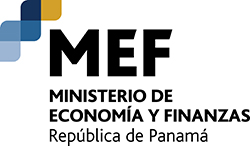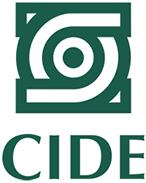BACKGROUND
In Latin America and the Caribbean, small and medium-sized enterprises (SMEs) account for a high percentage of companies in the region, generating more than 50% of employment. Although unemployment in the region is relatively low, there is still a high incidence of informality, at around 50% (ILO, 2013), and the productivity gap with respect to advanced economies is increasing (OECD, 2016).
In order to meet these challenges, governments have identified key areas in public policies, such as human capital formation; improvement of the financial and commercial ecosystem; inclusion into the formal labour market; promotion of innovation and construction of adequate infrastructure for production, distribution and trade.
For this reason, public policy initiatives for promoting growth of SMEs have been developed, facilitating their access to financing, extending the technical and legal support services for their formalization, reducing their tax burden and implementing trade promotion measures. Despite these efforts, the areas in which SMEs continue reporting major difficulties are access to financing, access to strategic resources and internationalization, with the latter being a very important aspect, since only 10% of them exports (CERALE, 2017).
In this regard, significant needs are observed in recognizing the efficiency of public policies. Therefore, the promotion of the impact evaluation methodology as a tool for governance is presented as an innovative strategy that aims to generate, through the methodological rigorousness in data and evidence, a process of learning that contributes to the identification of results of implemented policies. That is why government authorities responsible for the promotion of business development of SMEs in Latin America and the Caribbean require a technical body specializing in impact evaluation, in order to contribute to the proper measurement of benefits and results of public policies related to this area.
In this context, evaluation is considered an essential component of accountability in a democratic State and an imperative of modern public management. Evaluation exercises allow to determine if the purposes of government intervention are being achieved and assess the adequacy of mechanisms and instruments for the resolution of a public problem. Although impact evaluation is the most related to scientific criteria of hypothesis testing (expected impact of the programme), as any other evaluation exercise, it takes place in a political and organizational context that determines its link with the processes of decision-making, continuous improvement of programmes and ability of citizens to demand public policies that add value to the citizen and maximize the rate of return on public investments.











